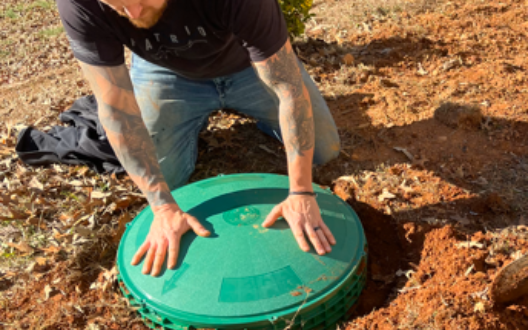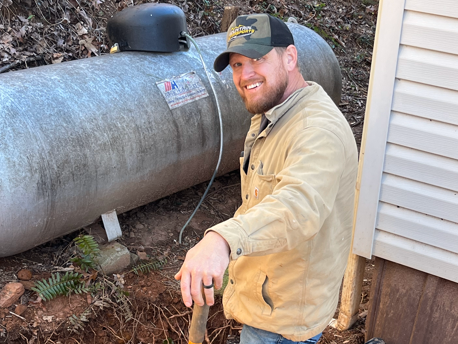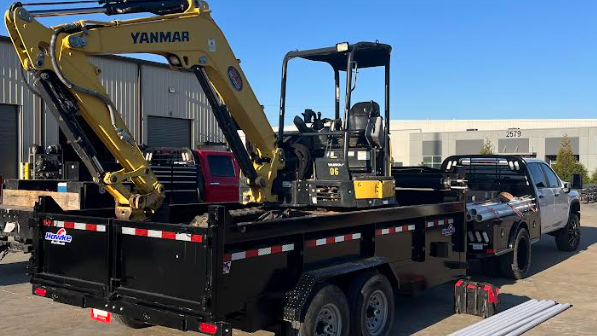
As the vibrant colors of fall start to paint the North Georgia landscape, many homeowners turn their attention to cozy sweaters, pumpkin spice, and raking leaves. But amid the seasonal preparations, there’s one important part of your home’s infrastructure that deserves your focus: your septic system.
Fall is the perfect time to prepare your septic system for the months ahead. Cooler weather, falling leaves, and increased rainfall can all affect the health and function of your system. Neglecting this seasonal maintenance will lead to costly repairs and inconvenient backups, especially when winter rolls in.
At CleanWorks Septic, we’ve provided thousands of North Georgia homeowners with the right septic solutions through every season. Here’s what you need to know to keep your septic tank running smoothly this fall.
Why Fall Septic Maintenance Matters
Your septic system is an underground wastewater treatment facility. It processes everything from your sinks, showers, and toilets, breaking down solids and safely dispersing liquids into the drain field. While it often works quietly behind the scenes, it requires routine care.
Fall brings its own set of challenges:
Falling Leaves and Debris: Leaves can clog vents and tank lids if they’re not properly covered or cleared.
Increased Rainfall: More rain saturates the soil, potentially slowing drain field absorption and causing backups.
Temperature Changes: As the soil cools, biological activity in your septic tank may slow, affecting waste breakdown.
Upcoming Winter: Preparing now can help avoid frozen pipes or inaccessible lids once the cold weather hits.
Steps to Prepare Your Septic System This Fall
1. Schedule a Septic Inspection and Pumping
The most important fall task is to have a professional septic inspection and pump your tank if necessary. Even if you don’t notice any issues, solids build up over time and can clog your system.
An inspection checks for:
- Signs of leaks or damage
- Drain field health
- Tank sludge levels
- Proper water flow and distribution
At CleanWorks Septic, we recommend pumping every 3-5 years, but factors like household size and water usage affect timing. Fall is an ideal season for this work, as cooler weather makes the process easier and less disruptive.
2. Clear Leaves and Debris from Septic Areas
Check around your septic tank lids, access points, and vent pipes. Remove leaves, twigs, and grass clippings to make sure that airflow and access aren’t blocked.
Avoid piling leaves or composting near your drain field. Excess organic material can clog soil pores, preventing proper absorption.
3. Protect Your Drain Field
Your drain field needs room to breathe. Avoid parking vehicles, placing heavy equipment, or planting deep-rooted trees and shrubs near this area.
If your lawn tends to get soggy or mushy in the fall, it could signal drainage issues. Don’t ignore these warning signs; contact CleanWorks Septic for an assessment.
4. Conserve Water Where Possible
While not always top of mind during the cooler months, conserving water reduces stress on your system. Fix leaky faucets, install water-efficient fixtures, and space out laundry loads.
Heavy water use can flood your drain field, especially when combined with saturated soil in fall and winter.
5. Know the Warning Signs of Septic Trouble
Being proactive means recognizing problems early. Watch for:
- Slow drains or backups
- Unpleasant odors near your septic tank or drain field
- Standing water or soggy patches above the drain field
- Lush, green grass growth in an otherwise dry area (could signal leaks)
If you spot these signs, don’t wait. Contact a professional immediately to avoid system failure.
Cleanworks Septic: North Georgia’s Reliable Choice
With over 23 years of experience serving North Georgia, CleanWorks Septic understands the different challenges homeowners face. We offer reliable, affordable septic pumping, inspections, and repairs tailored to local conditions.
Our team uses state-of-the-art equipment and follows environmentally friendly practices to keep your system healthy year-round. Plus, we provide emergency services if you ever need urgent help.
Preparing your septic system this fall with CleanWorks Septic means fewer worries during winter and a longer lifespan for your system overall.
Your Fall Septic Maintenance Reminder
Fall isn’t just about apple picking and pumpkin patches; it’s also a prime opportunity to give your septic system the attention it deserves. By scheduling a septic tank inspection, clearing debris, protecting your drain field, and conserving water, you set yourself up for a trouble-free season.
Don’t wait for a backup or costly repair to remind you. Contact CleanWorks Septic today to schedule your fall septic maintenance and enjoy peace of mind all year long.
How often should I have my septic tank pumped?
Typically, every 3-5 years, but it depends on your household size, water usage, and tank size. A professional inspection can help determine the right schedule for you.
Can falling leaves really damage my septic system?
Yes. Leaves and debris can clog vents and access points, which impacts ventilation and can lead to system malfunctions if not cleared regularly.



